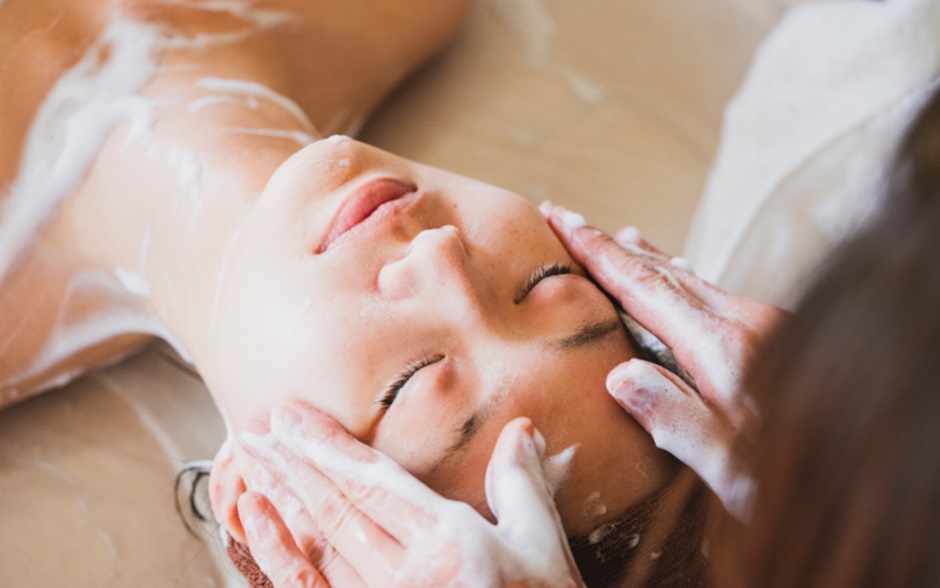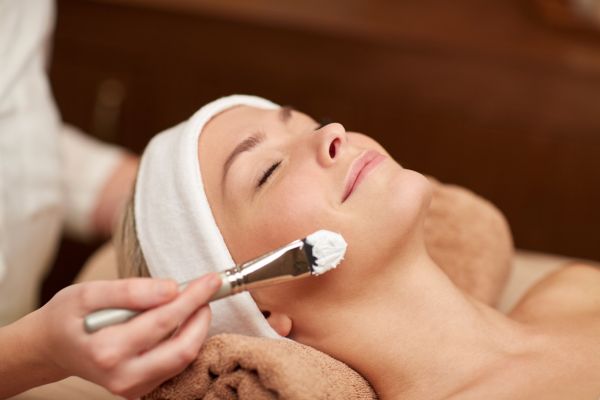Why You Should Question Everything About Acne Facials

Acne facials are popular in Singapore, with claims of improving skin health, reducing outbreaks, and even preventing acne from returning. However, before committing to a facial treatment for acne-prone skin, it’s critical to assess whether these claims keep up. Here’s why learning more about these treatments can help you make better skin-care decisions.
1. Do Acne Facials Address the Root Causes?
Acne is caused by a mix of factors, including oil production, bacterial growth, inflammation, and clogged pores. While an acne facial in Singapore may help to clear surface-level impurities and temporarily reduce inflammation, it does not address the root causes of acne. Facials can cleanse and exfoliate but typically do not impact hormonal imbalances, diet, or genetic predispositions contributing to acne.
Facials can support a skincare regimen by removing surface dirt and reducing temporary inflammation, but they are unlikely to provide long-term acne prevention. Therefore, relying solely on facials for acne control could lead to unmet expectations.
2. Are the Effects of Facials on Acne-Prone Skin Long-Lasting?
Facials designed for acne-prone skin usually provide a temporary improvement in skin texture and appearance. Treatments involving deep cleansing, gentle exfoliation, and hydration can create a fresh, clear look right after the session. However, these effects are often short-lived. Without a consistent skincare routine that includes products suited to acne-prone skin, breakouts may return as quickly as they subside.
It’s important to understand that while facials can support clearer skin, the results won’t last unless followed by proper daily skincare. Using non-comedogenic products and following dermatologist-recommended practices at home plays a larger role in maintaining clear skin over time.
3. How Safe Are Extra Extractions During an Acne Facial?
Extractions, a common feature in acne facials, involve removing blackheads, whiteheads, or other blockages from pores. While this technique can make the skin feel clearer, it is a process that requires caution. If not performed correctly, extractions can damage the skin, causing scars or further inflammation. For those with sensitive or highly reactive skin, extractions may even aggravate the acne.
Moreover, some individuals may experience discomfort or swelling after a facial for acne-prone skin, especially if extraction is aggressive. This risk is a key reason to consider how skilled the facial therapist is and to ensure that extractions are not the sole focus of the treatment.

4. Are Facials Alone Enough to Treat Acne?
The idea that facials alone can treat acne effectively is a misconception. Acne is a complex skin condition that may require a combination of lifestyle changes, medical treatments, and daily skincare routines to manage. While a facial treatment for acne-prone skin may temporarily help reduce oiliness or remove debris, it should not replace medical treatments prescribed by a dermatologist.
Prescription medications, targeted skincare products, and treatments like chemical peels or laser therapy are often needed to achieve long-term acne relief. Facials can play a complementary role, but they are not a standalone solution. Questioning this can help manage expectations, especially if dealing with persistent or severe acne.
5. Do Acne Facials Provide Enough Hydration for Acne-Prone Skin?
One of the main benefits of facial treatments for acne-prone skin is that they can deliver targeted hydration. Hydrating the skin helps balance oil production, which can be beneficial for acne-prone skin. However, some facials may involve products that can lead to excessive dryness, especially if they focus heavily on acne-fighting ingredients like salicylic acid.
Conclusion
Questioning acne facials and examining their promises can help you create a skincare routine that works for your skin type and concerns. While acne facials can contribute to clearer skin and a smoother complexion, they are usually best as part of a larger skincare approach. Rather than relying solely on facials, balancing them with dermatologist-recommended treatments and daily skincare routines often leads to better, lasting results.
For further guidance on acne facials and achieving clear skin, contact Porcelain Skin today.
